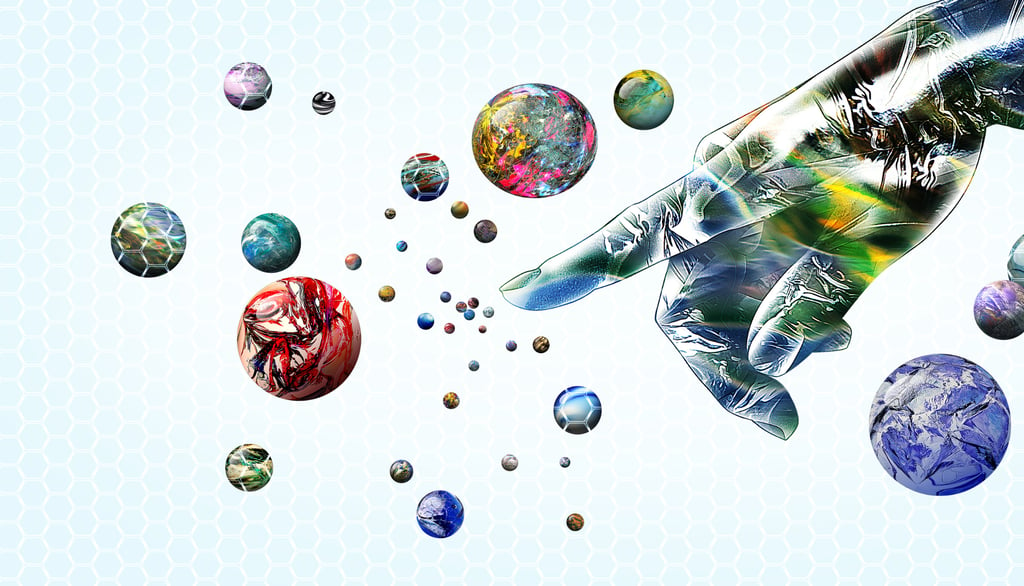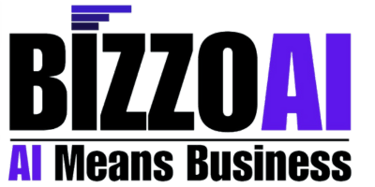2025 AI Trends: What’s Driving the Future of Intelligence
Artificial intelligence is no longer just a futuristic concept—it’s rapidly reshaping industries, economies, and everyday life. As we move through 2025, breakthroughs in reasoning, autonomy, and multimodal capabilities are setting the stage for the next era of intelligent systems. Here’s a look at the trends defining AI’s future right now.
6/7/2025


1. Agentic AI: Intelligence That Acts, Not Reacts
AI is evolving from passive assistance to autonomous action. Agentic AI systems understand goals, orchestrate tools, and adapt strategies—essentially acting on behalf of humans. They’re already transforming workflows in finance, HR, manufacturing, and sales by freeing people to focus on creativity and judgment.
2. Supercharged Reasoning and Custom AI Silicon
AI systems are becoming better at reasoning—not just generating responses. Enterprises are demanding smarter models capable of decision-making, which in turn drives demand for custom-designed chips optimized for AI workloads.
3. Multimodal Models Become Mainstream
2025 is seeing the rise of models that can process text, images, audio, and video seamlessly. These systems offer richer context and more nuanced capabilities—becoming the new standard across many industries.
4. A Global AI Race: Beyond the US and China
While the U.S. still leads, other nations are closing in fast. South Korea’s Upstage launched the Solar Pro 2 frontier model—outperforming top-tier models like Claude and GPT‑4.1—marking a significant leap from non-Western AI players.
China’s DeepSeek is also emerging strongly with its R1 model, and nations across Latin America, the Middle East, and Southeast Asia are ramping up both research and deployment.
5. Investments Surge Amid Economic Debate
AI capex is booming, especially among tech giants—projected to be in the hundreds of billions. Proponents foresee a productivity renaissance, while skeptics caution that the full economic impact remains uncertain.
6. AI in Software: Shifting Roles for Developers
According to GitHub’s CEO:
“AI is no longer optional... many developers have moved from skepticism to embracing tools like GitHub Copilot. Roles are shifting toward designing, verifying, and managing AI‑generated code.”
This shift highlights a transition toward vibe coding, a term coined by Andrej Karpathy—where programmers use natural language prompts to generate code, reviewing and testing without always writing it themselves.
7. Ethics, Sustainability & Regulation Take Center Stage
As AI grows, so do concerns about its environmental and societal impact. Sustainability gaps, deepfake misuse, and gender disparities remain pressing issues.
On the regulatory front, the EU's landmark AI Act is set for enforcement by August 2, 2025, establishing risk-based oversight for AI systems.
8. Navigating Human-AI Balance
Businesses are recognizing the importance of maintaining human morale amid AI integration. Strategies include involving employees in AI deployment, monitoring skill erosion, and rewarding innovation rather than rote automation.
Why 2025 Feels Like a Turning Point
Developments this year—Agentic AI, global powerhouse models, and regulatory frameworks—underscore a shift from infancy to maturity in AI’s evolution. It’s a transitional year where innovation must be balanced with responsibility, and strategic human oversight becomes more vital than ever.
Offices
Melbourne: 101 Collins St Melbourne VIC 3000 +613 9999 7379
Sydney: 2 Chifley Square, Sydney NSW 2000 +612 8880 0307
Queensland: 46 Cavill Ave, Surfers Paradise QLD 4217 +617 3667 7473
Texas: 200 W 6th St, Austin, TX 78701
London: 22 Bishopsgate, London EC2N 4AJ


